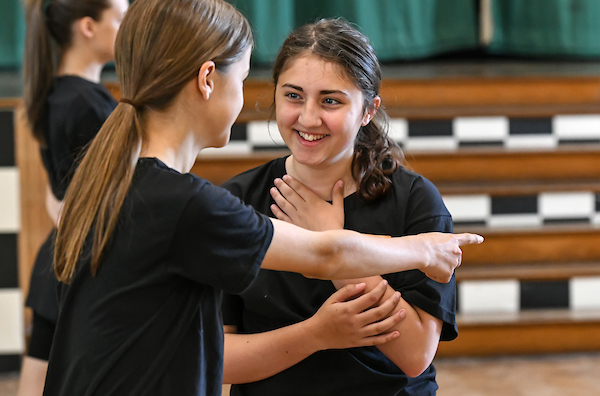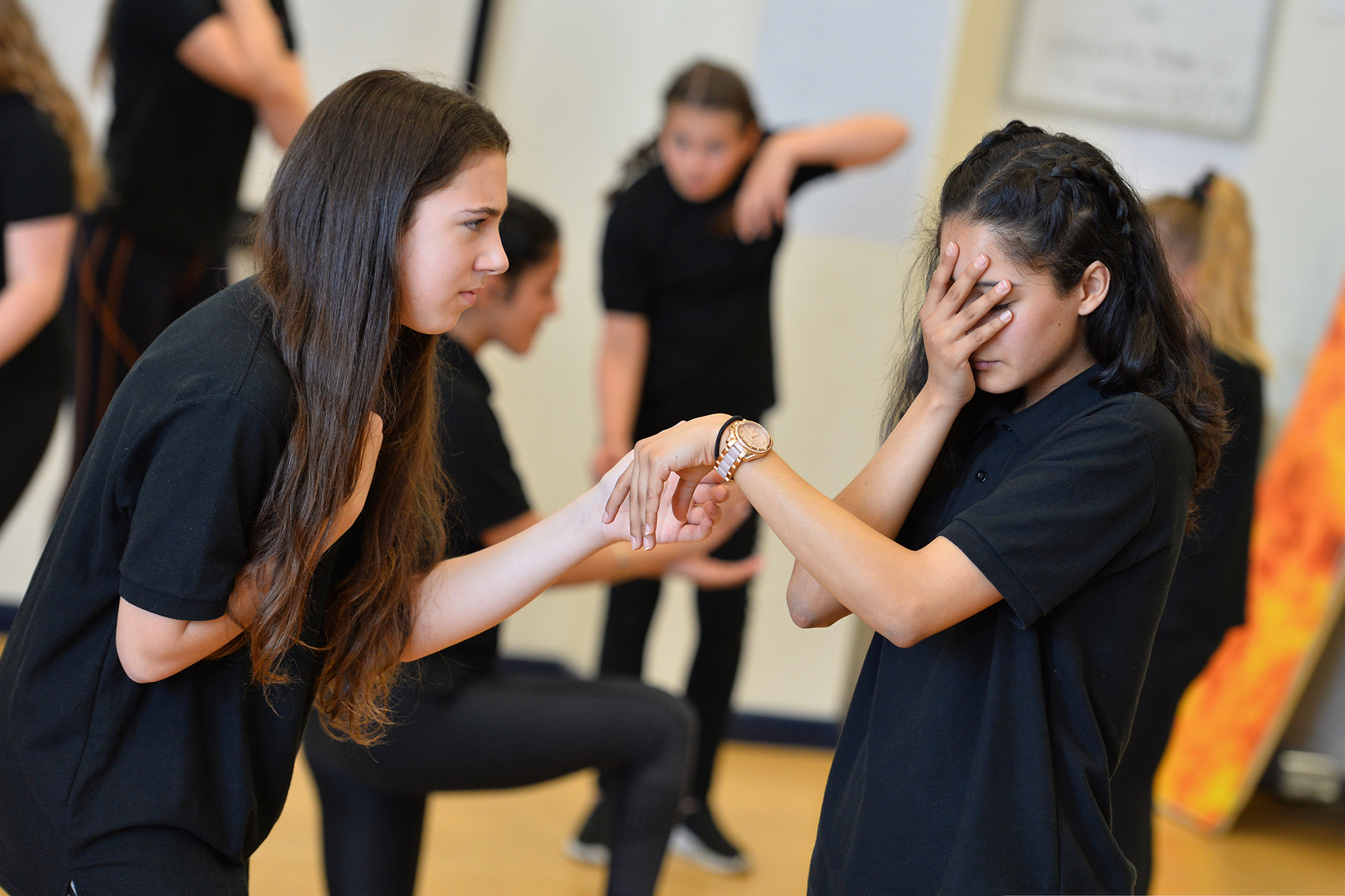
Classical & Jazz Supporting Tests: Musical Knowledge
BY: Natalie Christopher
08 November 2023
Trinity’s Supporting Tests - a feature of our face-to-face Classical & Jazz exams – is a prime example of where we, as an awarding body, aim to reflect the wide range of different skills involved in being a musician, and provide as many opportunities as possible for candidates to play to their strengths. In this blog, we are going to look at the Musical Knowledge test, how it is assessed, and how the format of the test enables teachers to easily integrate preparation for it into their lessons.
Trinity’s Supporting Tests comprise of four options from which candidates must select and perform two:
- Sight reading (mandatory at Grades 6-8)
- Aural (or Unpitched Aural for Drum Kit)
- Improvisation
- Musical Knowledge (Initial – Grade 5 only)
The core aims behind the Musical Knowledge test are to encourage learners to understand the musical context of the pieces they are playing and develop their knowledge of notation and their instrument. In essence, it’s about connecting the dots between what a musician sees on the page, what they play, and what they hear whilst playing, developing their wider musicianship skills.
In the exam, candidates are asked which of their three pieces they would like to choose to be asked questions on; the examiner will then choose one of the two remaining pieces as the basis for the remaining questions. They will then proceed with asking questions, based on the music in front of them.
Preparing candidates for their exams
One of the key benefits of the Musical Knowledge test is that there should be no surprises – everything a candidate could be asked about is on the music in front of them. Teachers should use the parameters outlined in the relevant instrumental/vocal syllabus to ensure they know what kinds of questions might be asked. The parameters are cumulative though, meaning that the types of questions listed for lower grades might also be asked at a higher level, so please make sure you keep that in mind as you prepare your students.
The beauty of this style of test is that candidates can begin preparing for it as soon as they have chosen their pieces. Incorporating the types of questions that might be asked in a Musical Knowledge test is a great way for students to familiarise themselves with the pieces they are learning to play.
Please ensure that, before the day of the exam, any pencil markings which may provide answers to the questions posed have been erased.
How are the candidates assessed?
All supporting tests are marked out of 10. For Musical Knowledge, a holistic mark is awarded based on the accuracy of the answers provided and the confidence and promptness with which the answers are given. You can find the full assessment criteria for Musical Knowledge tests in the relevant instrumental/vocal syllabus.
For a further explanation of the assessment criteria for Supporting Tests and how it is applied, why not watch our Teaching & Assessment: Supporting Tests webinar back on demand?




Comments & Replies